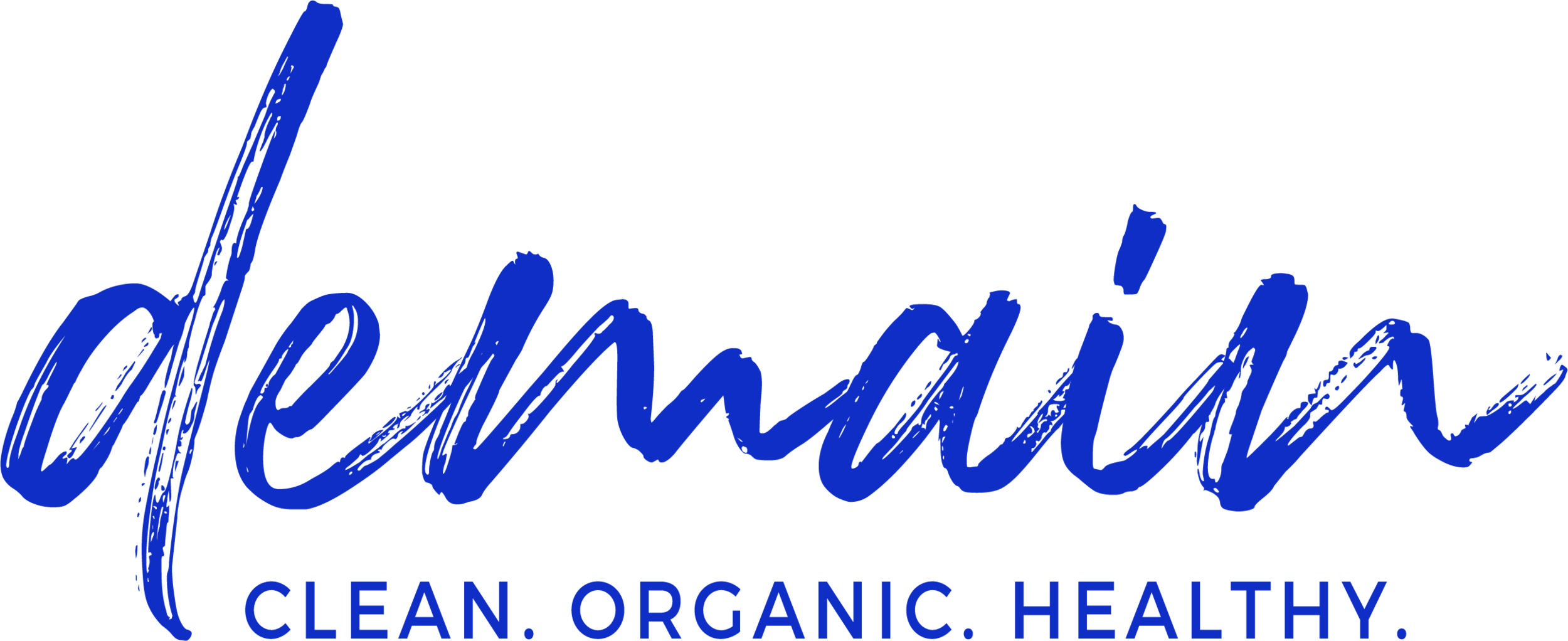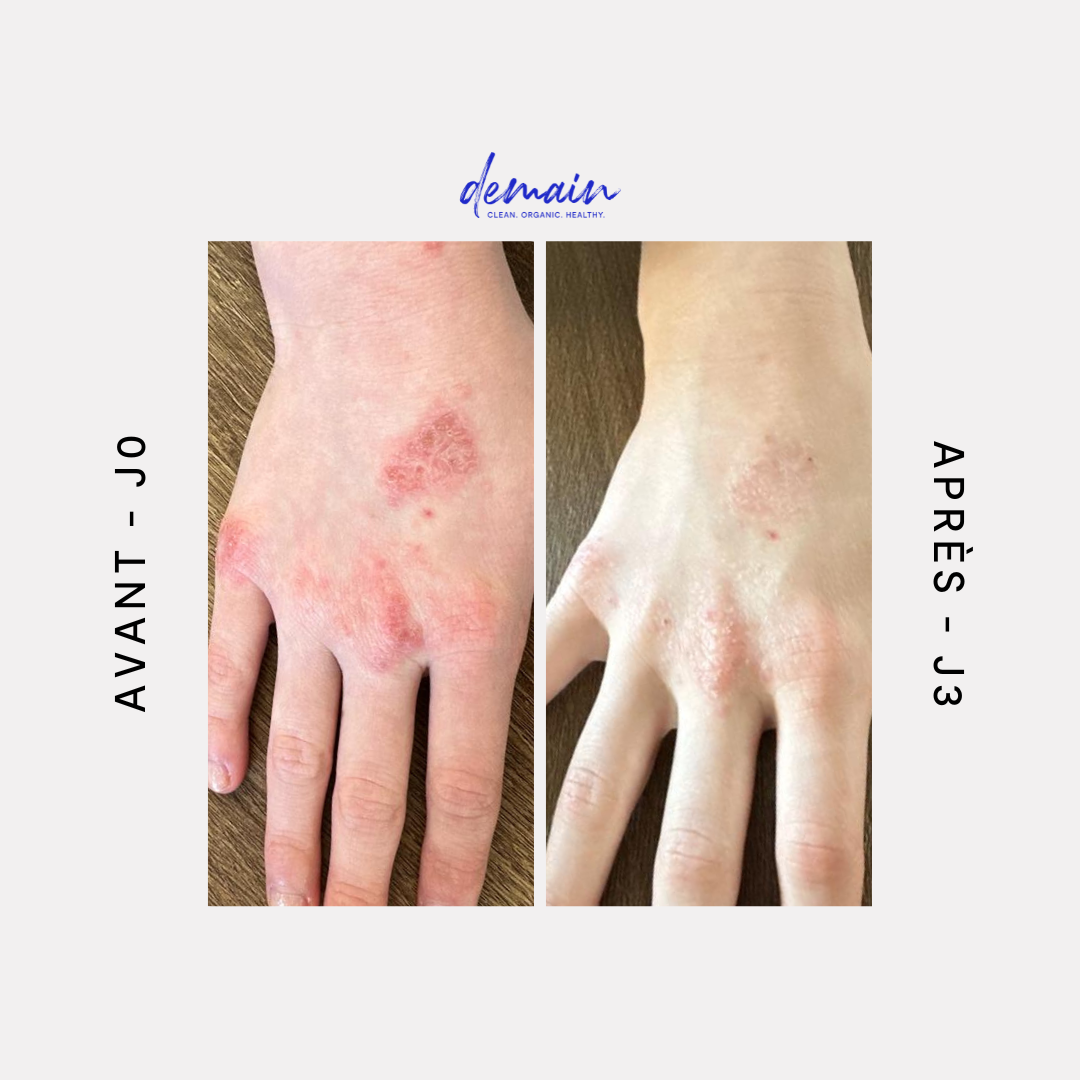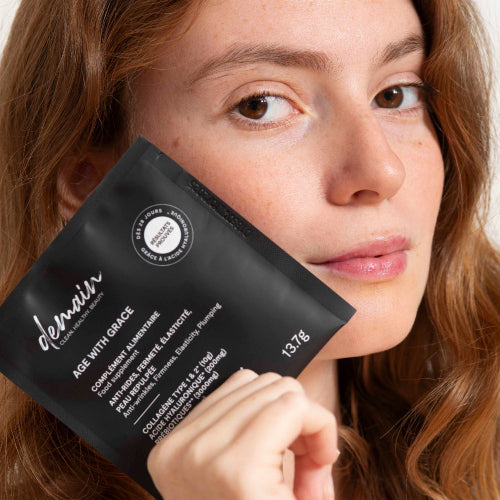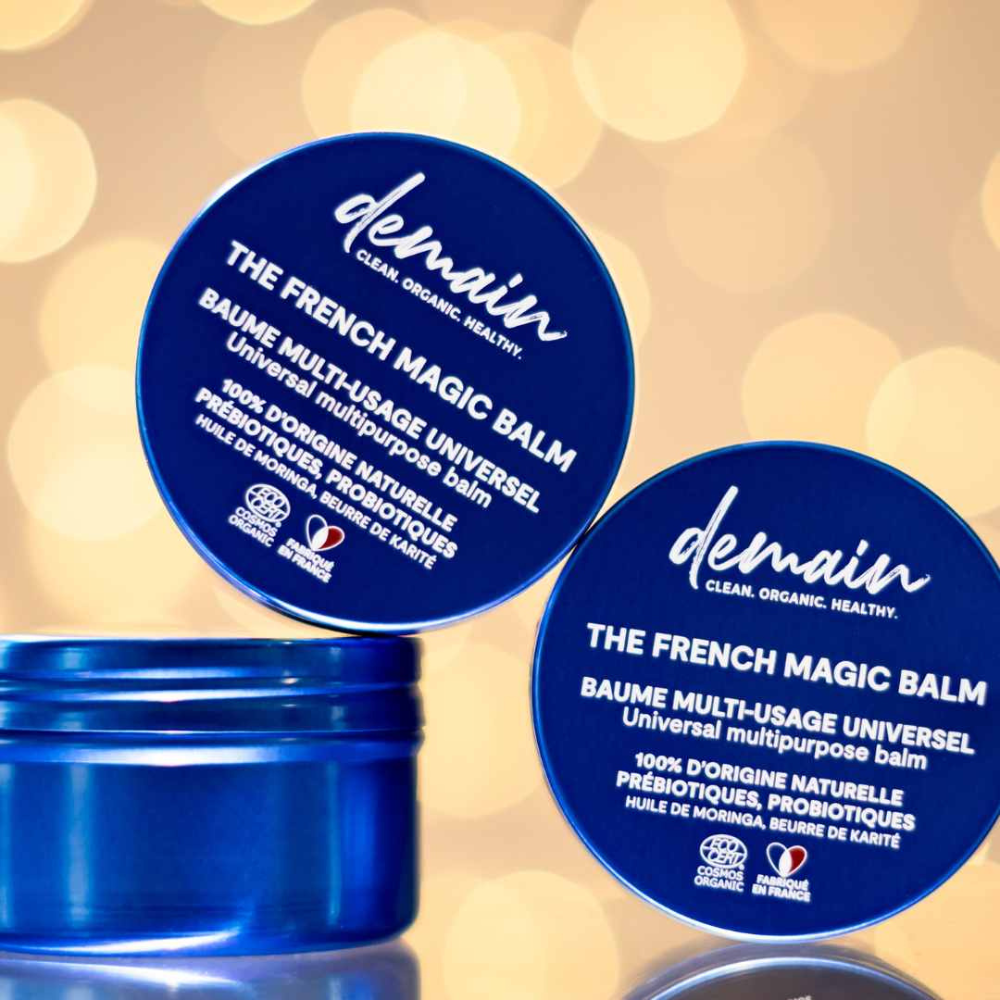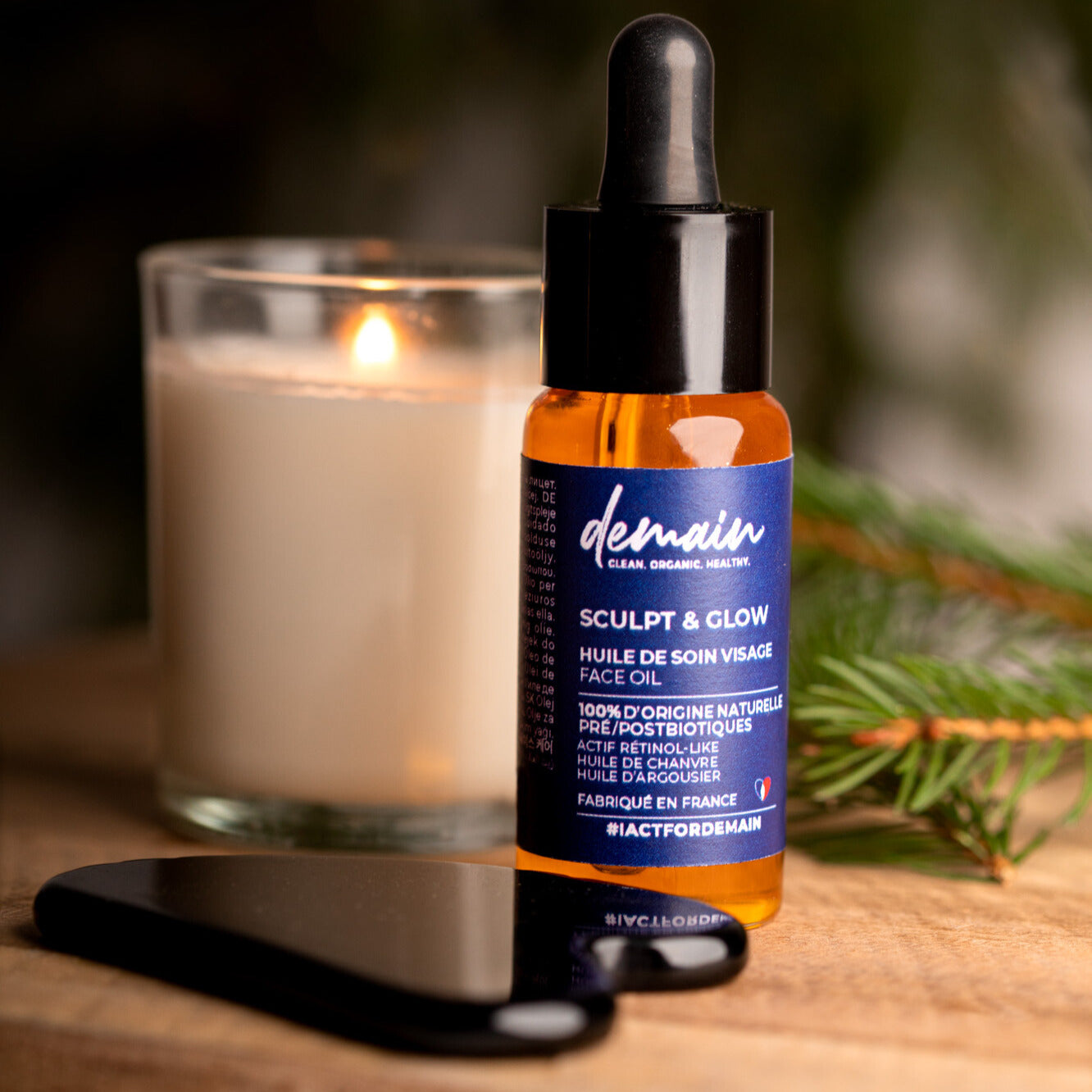Eczema, this itchy atopic dermatitis, can worsen in the cold. Indeed, winter is not kind to our skin, especially if it is atopic. Between the dryness caused by low temperatures and the irritation from winter clothing, eczema flare-ups can be intensified. However, there are ways to protect your skin and reduce the risks. We invite you to discover how to do this.
Understanding Eczema and Atopic Dermatitis
Eczema, also known as atopic dermatitis, is a chronic skin condition characterized by intense itching and red patches. The causes are multiple and include genetic and environmental factors. Cold and windy conditions can exacerbate skin dryness, making the skin barrier more vulnerable.
To better manage this condition, here are some strategies:
- Use emollient creams to maintain skin moisture.
- Prefer short showers and avoid water that is too hot.
- Choose lightweight cotton clothing to minimize irritation.
It is advisable to consult a dermatologist for appropriate treatment. Topical corticosteroids may be prescribed to reduce inflammation during flare-ups. Adopting a proper skincare routine helps improve the quality of life of those affected.
The link between eczema and cold
During winter, the combination of cold, dry air outdoors and indoor heating increases skin dryness. This decrease in moisture is particularly problematic for atopic skin, which already has a fragile skin barrier. The cold acts as a dehydrating agent, which can cause eczema flare-ups .
Friction caused by winter clothing, such as wool sweaters, can also aggravate the situation. To mitigate these risks, it is essential to adopt a suitable skincare routine. This includes the use of emollient products to restore the skin's hydrolipidic film.
Here are some practical tips:
- Humidify indoor air to compensate for the drying effect of heating
- Wear soft, breathable clothing to reduce irritation
- Moisturize your skin several times a day with rich creams
These simple actions help keep skin hydrated and limit eczema flare-ups during the winter.
The impact of cold on atopic skin
Winter poses a particular challenge for atopic skin. The intense cold and dry air accentuate moisture loss, leaving the skin vulnerable to irritation. This dehydration can lead to unpleasant itching and redness.
To protect your skin, it's essential to moisturize it regularly with rich emollients that strengthen the skin barrier. Choose fragrance-free and hypoallergenic products to avoid any reactions.
Some tips to better manage the cold
- Wear soft cotton clothing to minimize friction.
- Use gloves and scarves to protect exposed areas.
- Opt for lukewarm showers instead of hot ones.
Adopting these simple steps can reduce the impact of the cold on atopic skin and limit flare-ups. By taking care of your skin, you can get through the winter with greater comfort.
How cold weather can trigger an eczema flare-up
The winter cold can be a real enemy for those suffering from eczema. Low temperatures dry out the skin, worsening symptoms. Moving from the icy outdoors to the heated indoors puts additional stress on the skin, which can trigger an eczema flare-up.
Layers of clothing, while protective against the cold, can also irritate the skin if they are made of unsuitable materials such as wool. To minimize these risks, opt for soft fabrics such as cotton.
To limit the effects of the cold, it's essential to maintain good skin hydration. Use rich emollients to strengthen the skin barrier and apply them several times a day. Also consider increasing the humidity in your home with a humidifier to compensate for the dry air caused by heating. These precautions will help you get through winter with a little more comfort.
Most affected areas of the body: face, hands and neck
The face, hands, and neck are particularly vulnerable to eczema, especially in winter. These parts of the body, often exposed, are subject to the harsh effects of cold and wind. To protect your face, regularly apply an emollient cream. Lips, which are very sensitive, require a moisturizing balm several times a day.
Hands, constantly in contact with the environment, can develop dry, irritated patches. To protect them, wear cotton gloves under your winter gloves. This limits the impact of allergens and the cold. Remember to reapply moisturizer after each wash.
The neck is often neglected, but it's essential to keep it hydrated . Use scarves made of soft materials to avoid irritating friction. By following these tips, you can reduce the risk of eczema flare-ups.
The role of winter clothing for people with eczema
In winter, clothing choices play a crucial role for people with eczema. Natural materials like cotton or linen are preferred for their softness and breathable properties, helping to prevent irritation. Wool, while warm, can cause itching, so it's a good idea to wear a cotton T-shirt underneath to minimize direct contact.
It's also essential to consider the fit of your clothing. Opt for loose-fitting cuts to reduce friction against your skin. Here are some additional tips to help:
- Choose textiles without visible seams.
- Make sure the tags are removed to avoid irritation.
- Wash all new clothing before wearing to remove potentially irritating residue.
Protecting your skin with these smart choices can improve everyday comfort during the cold months.
Treatment and prevention of eczema in winter
To get through winter without aggravating your eczema, adopt essential preventative measures. Moisturize your skin daily with emollients to strengthen the skin barrier. Apply them several times a day, especially after showering, to maintain hydration.
Avoid prolonged hot baths, which dry out the skin. Instead, take quick, lukewarm showers. Use mild, fragrance-free soaps to minimize irritation.
To improve comfort, consider humidifying your home. Air that is too dry increases skin dryness.
When it comes to clothing, choose soft, breathable fabrics, such as cotton, to limit irritation.
Finally, watch your diet. Incorporate foods rich in omega-3s, like salmon, to strengthen your skin from the inside out. These simple steps help prevent eczema flare-ups during the winter.
Tips to soothe winter itching
To alleviate winter itching, a few tips can provide daily relief. Start by using emollient products that help restore the skin barrier. Go For Glow exfoliating gel will be your winter ally! This gel , suitable for atopic-prone skin, should be applied directly to the clean area. Apply the gel as a mask, let it sit for 10 to 15 minutes, then rinse. Repeat for 10 days, and you're done!
Also consider maintaining a good humidity level in your home: a humidifier can be a good solution. For even more comfort, choose cotton clothing, which minimizes irritation.
Here are some additional steps to soothe the itching:
- Keep your nails short to avoid injury from scratching.
- Apply cold compresses to irritated areas to soothe the itching sensation.
- Opt for warm baths with colloidal oatmeal to soothe sensitive skin.
Adopting these habits will help you get through the cold season with more serenity.
Why eczema is not contagious
Although eczema causes redness and itching, it is not contagious. This skin condition is caused by inflammation, not a viral or bacterial infection. Therefore, you are unlikely to catch it by touching someone who has it.
Inflammation is often linked to an overactive immune system or genetic factors. Therefore, while symptoms can be dramatic, they are not transmitted from one individual to another.
Here are some important things to remember:
Eczema is not related to poor hygiene .
No special precautions are necessary in terms of physical contact.
Outbreaks can be influenced by allergens or stress, but not by human-to-human transmission.
Understanding this distinction helps reduce stigma and improve the quality of life of those affected.
How to stop an eczema flare-up caused by dryness
To stop an eczema flare-up caused by dryness, start by intensely rehydrating your skin with rich emollients. Apply them several times a day, especially after showering, to restore the skin barrier.
Avoid direct heat sources like radiators and maintain a humid environment. Use a humidifier to maintain a comfortable room air temperature.
If the itching persists, you can cool the affected area. Spray with cooled thermal water or use an ice pack wrapped in a thin cloth.
To soothe irritation, consider natural remedies like coconut oil, known for its moisturizing properties.
Choose cotton clothing to minimize friction on the skin. Watch your diet by incorporating foods rich in omega-3, which helps reduce skin inflammation. These actions increase your comfort and alleviate eczema symptoms.
